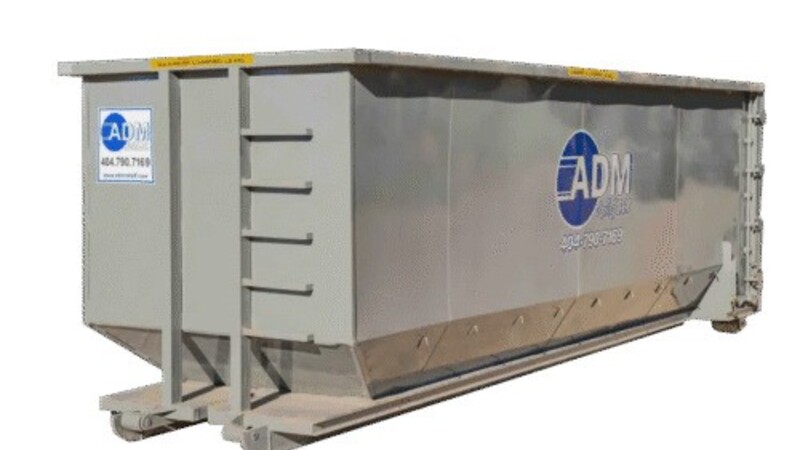Across the nation, communities continue to seek effective ways to manage waste while prioritizing cleanliness, environmental safety, and efficiency. One key resource helping to achieve these goals is the Fayetteville Transfer Station. By acting as an organized hub for sorting, consolidating, and preparing waste for proper disposal or recycling, this facility exemplifies how transfer stations can support clean waste solutions that benefit both local neighborhoods and broader regions.
The Role of Transfer Stations in Modern Waste Management
Transfer stations play a critical role in the waste management process. Instead of hauling waste directly from neighborhoods to distant landfills or recycling centers, waste is brought to a central location where it can be sorted and prepared for the next stage of its journey. This approach offers several significant advantages:
• Efficiency: Large vehicles can transport consolidated loads, reducing the number of trips required to reach disposal or recycling sites.
• Reduced Environmental Impact: Fewer trips mean lower fuel consumption and emissions, supporting cleaner air and a healthier environment.
• Safer Local Roads: By decreasing the number of heavy trucks traveling through residential areas, transfer stations help minimize road wear and improve safety for local drivers and pedestrians.
Clean Waste Solutions for Communities
The Fayetteville Transfer Station serves as a model for clean waste solutions, emphasizing the importance of responsible sorting and handling. By prioritizing the separation of recyclable materials, hazardous waste, and general refuse, transfer stations help divert significant amounts of materials from landfills. This process not only conserves valuable space but also promotes sustainability by encouraging the reuse and recycling of resources.
Key ways transfer stations support clean communities include:
• Improved Recycling Rates: By sorting recyclables at the station, more materials are properly processed and returned to the supply chain.
• Hazardous Waste Management: Specialized areas ensure that hazardous items are handled safely and disposed of according to regulations, reducing risks to human health and the environment.
• Community Education: Many facilities provide information and resources to help residents understand proper waste disposal practices, fostering a culture of environmental responsibility.
Supporting Nationwide Waste Solutions
While each transfer station serves its local area, the collective impact of these facilities is felt nationwide. Efficient waste handling at the local level eases the burden on landfills and supports broader recycling initiatives. As more communities adopt well-managed transfer stations, the overall effectiveness of waste management systems improves, contributing to cleaner cities and healthier ecosystems.
Additionally, transfer stations often serve as a central contact point for local governments, businesses, and residents to collaborate on waste reduction strategies. This partnership helps tailor solutions to the unique needs of each community while aligning with best practices observed across the country.
Building a Cleaner Future Together
In summary, facilities like the Fayetteville Transfer Station are essential in supporting clean waste solutions for communities both locally and across the nation. Through efficient sorting, recycling, and safe disposal practices, these stations help protect the environment and enhance the quality of life for residents. By utilizing transfer stations and staying informed about proper waste management, everyone can play a part in building a cleaner, healthier future.
Take the next step toward a cleaner community by learning more about your local transfer station and adopting best practices for waste disposal and recycling today.

